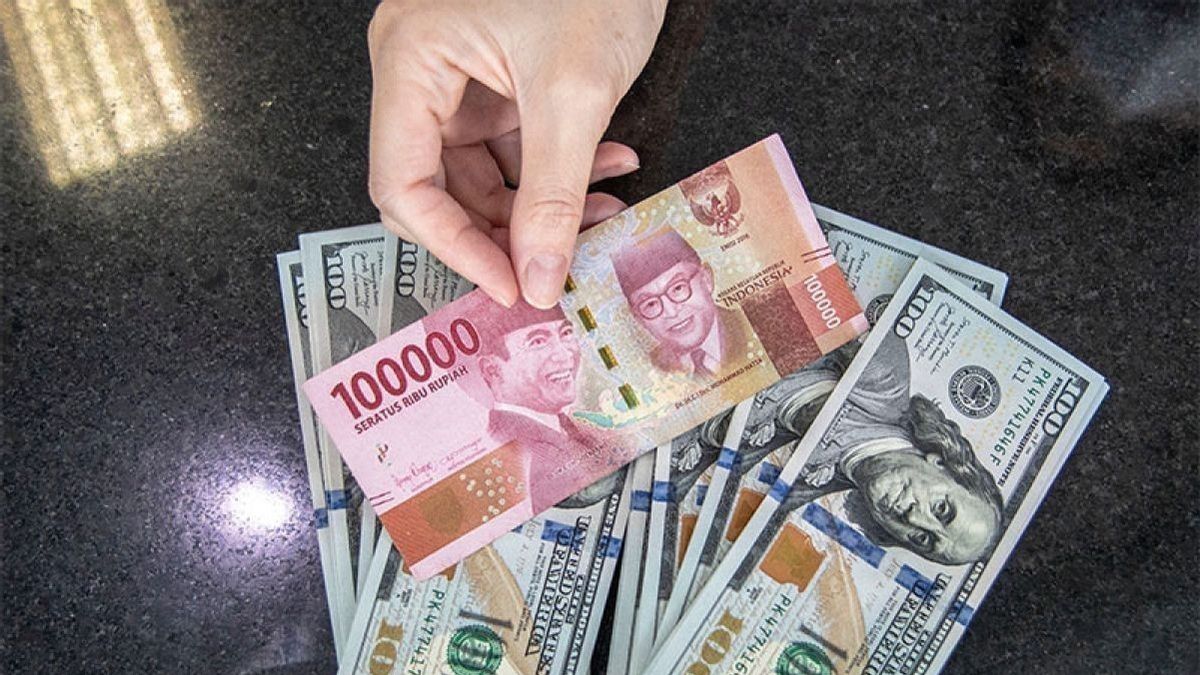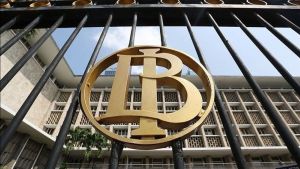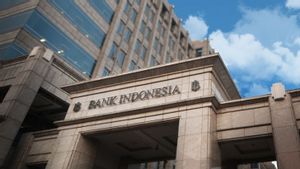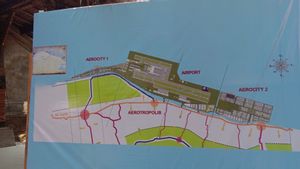JAKARTA The National Working Group on Benchmark Reform (NWGBR) has issued a Jakarta Interbank Offered Rate (JIBOR) Ending Transition Guide as a follow-up to Bank Indonesia's decision to stop publication of JIBOR since January 1, 2026.
To note, the National Working Group on Benchmark Reform (NWGBR) consists of the Ministry of Finance, Bank Indonesia, the Financial Services Authority, and the Association of Indonesian Foreign Markets and Valutas (APUVINDO), which have the function of providing information for market participants regarding the benchmark reform agenda and recommendations for interest rates referrals in the domestic financial market.
This guide provides information regarding the JIBOR discontinuity background, JIBOR transition timeline, and guidelines for the preparation and recommendations for the JIBOR transition which can be a reference for market players.
Furthermore, this guide is expected to support the smoothness of the JIBOR transition process, and help business actors and all stakeholders understand the process of reforming the rupiah interest rate from JIBOR to INDONESIA.
In the guide, NWGBR also recommends market players who have JIBOR exposure to take four main steps, namely the use of alternative reference interest rates / Alternative Reference Rate (ARR) in the form of INDONESIA and Combined INDONIA in a gradual new financial contract since January 1, 2025.
Meanwhile, the stages are carried out with details for the overnight tenor to 1 week starting January 1, 2025, for a tenor of 1 month to 3 months starting April 1, 2025, and for a tenor of 6 months to 12 months starting June 1, 2025.
Then the next step is to form or continue the transition team to ensure the smooth running of the JIBOR transition process.
Furthermore, so that the parties ensure that JIBOR's legacy contract has a fallback clause language, including re-papering if needed.
Then the next guide is to continue to follow the development of domestic benchmark reform.
SEE ALSO:
One of the components forming the JIBOR fallback rate is the spread adjustment, which is an adjustment method for the difference in risk characteristics between JIBOR and the Alternative Reference Rate (ARR), namely INDONIA.
The calculation of spread adjustments for each tenor will use data for the past 5 years since the trigger date on September 27, 2024. Furthermore, the spread adjustment will be published by Bank Indonesia at the end of October 2024.
The information in the guide was prepared based on the results of discussions between NWGBR members by involving market participants, referring to recommendations and the best practices in international banking.
The guidelines also contain information regarding the Alternative Reference Rate (fallback rate) and spread adjustments that market participants can consider in drafting new financial contracts or fallbacks on JIBOR contracts due after the end of JIBOR publication (JIBOR legacy contract).
The English, Chinese, Japanese, Arabic, and French versions are automatically generated by the AI. So there may still be inaccuracies in translating, please always see Indonesian as our main language. (system supported by DigitalSiber.id)















